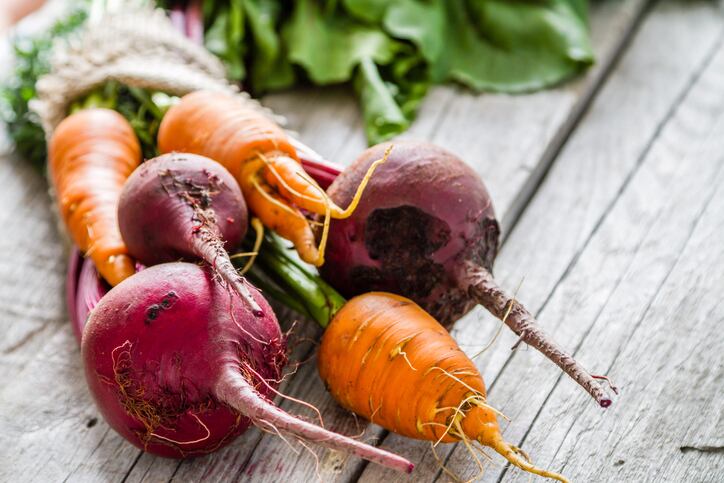The ‘breakthrough knowledge’ is the result of a four-year collaboration between Danish business and research partners, the TOP SAFE project.
TOP SAFE was funded by Denmark’s Green Development and Demonstration Programme (GUDP). It leverages expertise from the ISI Food Protection, a centre of expertise for applied food microbiology, which led the project. The University of Copenhagen, Arla Foods, Danish Crown, Flensted, Danpo and the Danish knowledge centre for agriculture, SEGES, also collaborated.
Fresh focus for maximum impact
TOP SAFE concentrated its efforts on fresh food categories which have a naturally higher risk of contamination than other products. According to the European Food Safety Authority (EFSA), contaminated fresh food accounts for more than 320,000 cases of food-borne zoonotic diseases – caused by bacteria, viruses and parasites – each year in the EU alone.
The actual number is believed to be much higher, making these diseases a ‘significant threat’ to public health, the researchers noted.
Traditional antimicrobial methods - such as pasteurization, high pressure processing, irradiation, and chemical disinfectants - are currently used to reduce microbial populations in food. However, they also have drawbacks – particularly for fresh food categories – including potential negative impacts on organoleptic qualities of food products and the requirement for high initial investment. These techniques also destroy any beneficial bacteria that food items may contain.
Using ‘advanced biopreservation techniques’, TOP SAFE was able to develop what researchers described as ‘efficient, natural tools’ for protecting fresh vegetables, dairy, poultry and red meat products against Salmonella, E.coli, Campylobacter and Listeria.
The new tools take the form of bacteriophages – phages for short – which are the ‘natural enemies’ of bacteria.
“Wherever you find many bacteria, you find many phages,” Lone Brøndsted, professor in phage biology and biocontrol at the University of Copenhagen, explained.
Phages, viruses that specifically infect bacteria, are harmless to humans, animals, and plants.
Extensive research by University of Copenhagen has already identified and tested 200 phages with the ability to attack and eradicate specific strains of pathogenic bacteria.
“We collect them from small lakes at Copenhagen Zoo, other parks and from wastewater, for example. Then we isolate them, characterise them and find out which specific bacteria they infect, their efficacy and how safe they are to use in food,” Brøndsted continued.
Natural, effective and scalable
Anne Elsser-Gravesen, co-owner of ISI Food Protection and TOP SAFE project leader, said that the researchers have demonstrated this approach is scalable for the food industry. “Industrial trials at a meat production facility have also documented the efficacy of our biopreservation approach for the first time in full scale,” she said.
As well as strengthening food safety, Elsser-Gravesen also believes biopresertation can help reduce food waste.
Currently, around one-third of the food produced globally is wasted. The use of bacteriophages can also target spoilage bacteria on food thereby extending shelf-life.
“In addition to raising Denmark’s already high food safety standards to an even higher level, TOP SAFE has produced results that will reduce food waste significantly,” Elsser-Gravesen suggested.
Project TOP SAFE will draw to a close this Autumn. However GUDP has already allocated funds for a follow-up study, CAMPACT.
CAMPACT will continue to develop and test solutions for combating Campylobacter in fresh poultry production.
“Biopreservation using bacteriophages is a relatively new technology that has produced very promising results against Listeria and Salmonella. However, we can already see significant limitations for Campylobacter. In the CAMPACT project, we’ll be exploring and developing the next generation of phage-based technologies, focusing on the entire value chain,” Elsser-Gravesen revealed.
The TOP SAFE partners have issued an open invitation to food industry representatives to a seminar on the current foodborne disease trends in the EU and the latest novel opportunities for producing safer foods. It will be held on 25 September in Agro Food Park, a leading hub for food innovation near Aarhus, Denmark.
The study builds on previous research into the uses of phages to combat food borne diseases. Different proposed approaches have included inserting phages into food packaging and addressed concerns that previous research had not evaluated the use of phage-tech in a field, pilot facility or factory environment.

